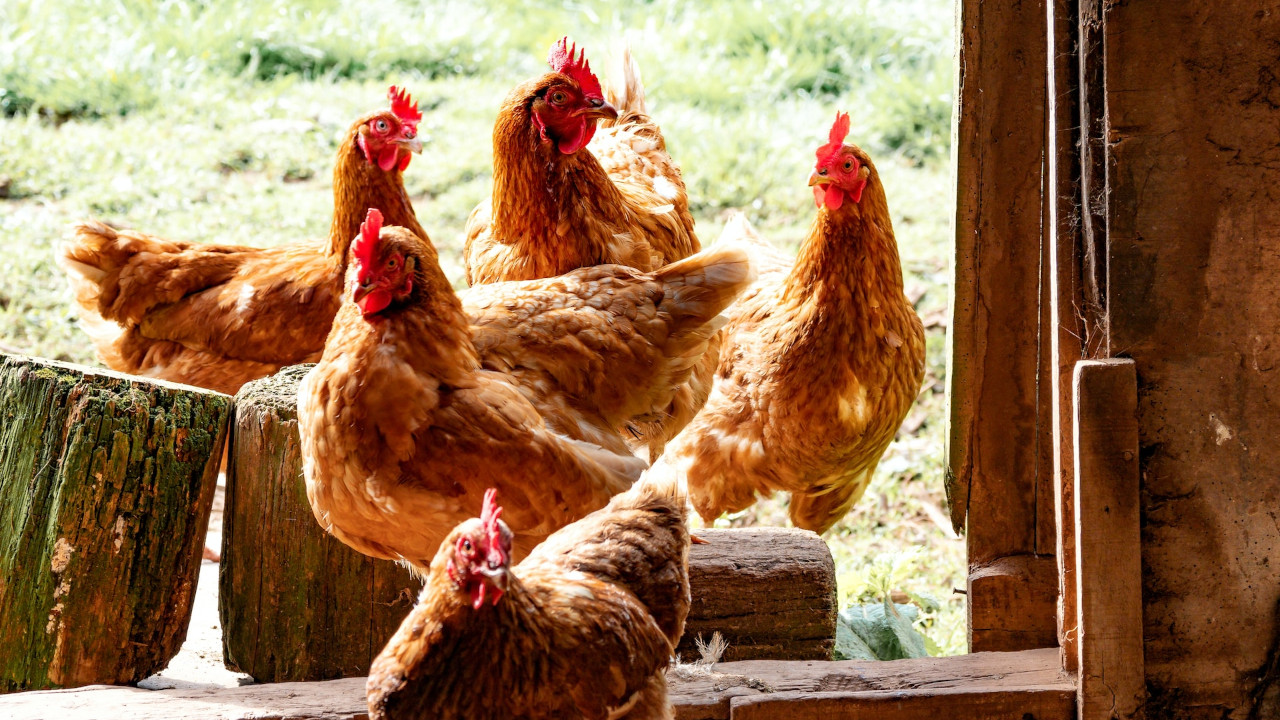News
George Detects Highly Infectious Strain of Avian Flu

Avian flu was detected in George, with the Western Cape recording its first case of the highly pathogenic avian flu (HPAI) H7N6 strain, as confirmed by the provincial department of agriculture.
MEC Ivan Meyer said in a statement that the first case of H7N6 had been positively identified in George. Gauteng, Mpumalanga, the Free State, and Limpopo have also reported cases of H7N6 HPAI.
The nation is coping with two highly pathogenic avian influenza outbreaks, H5N1 and H7N6, in various provinces. Millions of birds and chickens have been killed in South Africa to stop the spread of the HPAI virus, which affects both domesticated and wild birds.
Meyer noted that the H5N1 HPAI virus threatened wild birds despite the Western Cape experiencing seven outbreaks from April to June. The commercial poultry industry in the province has not seen any new outbreaks in the last three months, and all outbreaks from April to June have been contained.
‘It is very unfortunate and a blow to the Western Cape poultry industry that the first case of H7 High Pathogenicity Avian Influenza (HPAI) was diagnosed on Thursday in the George area of the Western Cape,’ he said. ‘This follows the introduction of chickens from an infected province in the north.’
‘The George farm has been quarantined and culling on the farm has already started.’
Also read: South African Poultry Association Assures Safety of Consuming Eggs During Avian Flu Outbreak
Meyer urged poultry owners in the province to tighten biosecurity controls and to be extremely cautious when adding new chickens, letting visitors or vehicles into poultry farms, or allowing visitors to enter their properties.
‘Moving chickens from infected provinces should be avoided at all costs as this has a severe impact on the entire Western Cape Province if more cases of H7 HPAI are detected.’
The virus can be in the waste products infected birds exude from their mouths, noses, and eyes. Domestic birds may contract the disease through direct contact with infected poultry on other properties or faecal contamination from wild birds.
The National Institute for Communicable Diseases (NICD) reaffirmed on Friday that the outbreaks posed a low risk of human infection.
According to the NICD, outbreaks in birds have occasionally resulted in cases of H5N1 infection in humans, but these cases are still sporadic. Only eight human cases of H5N1 have been reported to the World Health Organisation globally in 2023, despite widespread outbreaks in wild and domestic birds.
Close contact with infected birds while handling, culling, slaughtering, or processing was linked to the cases.
The NICD declared that poultry products, including fresh and frozen chickens and commercially available eggs, were safe for consumption.
Source: Highly infectious strain of avian flu detected in George
Also read:
Picture: Unsplash / Brett Jordan
Follow us on Google News.






















